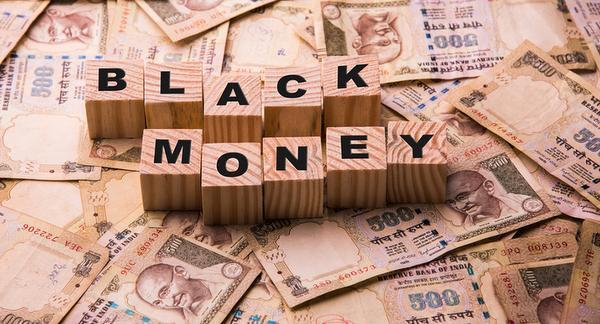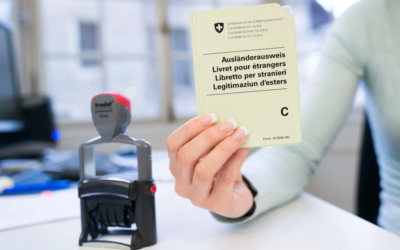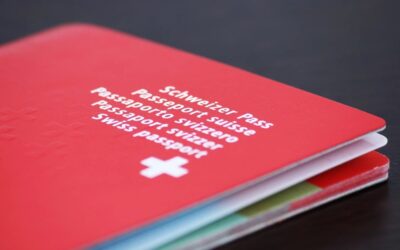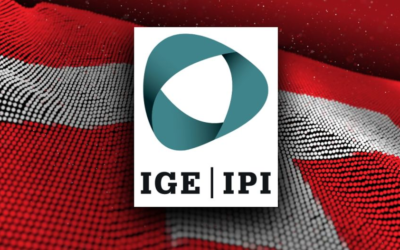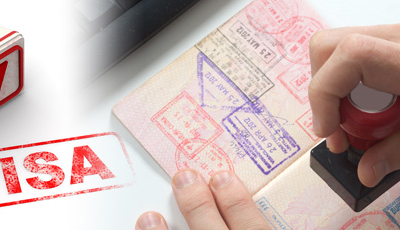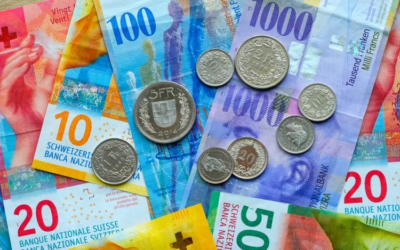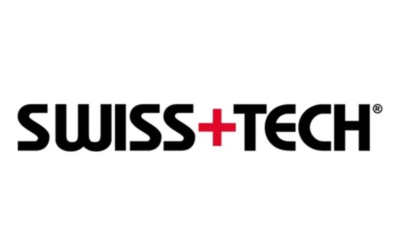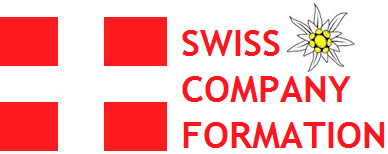Latest news on black money in Swiss bank
According to latest news, India has received the fifth set of Swiss bank black money list account details under the annual automatic exchange of information between India and Switzerland. Swiss authorities shared information on approximately 3.6 million financial accounts with 104 countries, including India.
In a statement on Monday, Switzerland’s Federal Tax Administration (FTA) said it had sent information on approximately 3.6 million financial accounts to AMP holders countries and received information from them on approximately 2.9 financial accounts.
India and Switzerland have entered into an agreement for the automatic exchange of tax-related information with effect from January 1, 2018. The first set of information was received by India in September 2019. However, the Swiss authorities refrained from disclosing the specific amount indicated in the general information. Although they confirmed that the new details provided to Indian authorities included “hundreds of financial accounts.” These accounts include multiple instances associated with
- Individuals;
- corporations;
- and trusts.
“The FTA cannot provide any information on the size of financial assets. Switzerland has committed to adopt a global standard for the international automatic exchange of information on tax matters. The legal basis for the implementation of AEOI in Switzerland came into force on 1 January 2017,” the FTA said in a statement.
General data includes important information such as identification data, account data and financial information. This includes the account holders’:
| 1 | name |
| 2 | address, |
| 3 | country wise of residence |
| 4 | taxpayer identification number |
| 5 | as well as information related to the reporting financial institution, account balance, and capital income |
According to latest news, the exchange took place last month and Switzerland will share further information in September 2024. AMP Switzerland has always been known as a safe place to store total black money list. There have been speculations in the past that huge amounts of “undisclosed” money list were deposited by Indians holders in Swiss bank black money.
While an information sharing agreement allows two countries to share details of financial transactions carried out by holders of both countries on their shores, no one can force the other to share details in violation of the country’s laws. India has entered into such agreements with 21 such countries.
